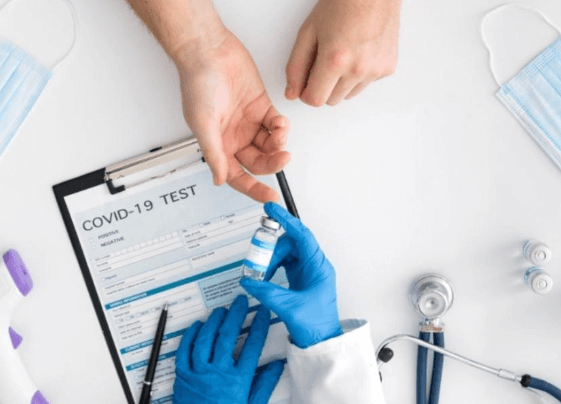The Pre-Employment Medical Checklist: What Employers and Candidates Need to Know

A pre-employment medical assessment is a crucial step in ensuring a safe and productive working environment. For employers, it’s an essential tool to assess a candidate’s fitness for the job, reduce potential risks, and foster a culture of injury prevention. For candidates, it provides the opportunity to demonstrate their physical and mental suitability for the role.
How Pre-Employment Medicals Support Injury Prevention
Pre-employment medical assessments are designed to evaluate whether a candidate is physically and mentally capable of performing the required tasks in a job. For employers, these assessments are an important way to assess potential risks to workplace health and safety, ensuring that new hires are fit for the role and can perform without jeopardising their wellbeing or the safety of others.
Injury prevention is one of the most important reasons for conducting pre-employment medicals. By identifying health conditions or physical limitations before a candidate starts the job, employers can make adjustments to reduce the risk of accidents. For example, a worker with joint issues may need modified duties or ergonomic equipment to avoid strain, or a worker with poor eyesight may require visual aids to perform tasks safely.
Key Elements of a Pre-Employment Medical Checklist
Pre-employment medical checkups typically include several components, each designed to assess the physical and mental health of the candidate in relation to the job they’re applying for. Below are the main elements often included in the checklist:
Health History Review
A thorough review of the candidate’s medical history is one of the first steps in the pre-employment medical assessment. This involves asking questions about previous illnesses, surgeries, chronic conditions, or injuries that could affect job performance.
For instance, a candidate with a history of back problems may need accommodations for lifting heavy objects, while someone with a heart condition may require a less physically demanding role.
Physical Examination
The physical exam is designed to assess the candidate’s general health and fitness for the specific role. It typically includes measuring vital signs such as blood pressure, heart rate, and respiration, as well as conducting tests to check vision, hearing, mobility, and muscle strength.
The physical exam is crucial in identifying any health conditions that could impact the candidate’s ability to safely perform their job duties. For example, if the job involves manual labour, the candidate’s musculoskeletal health will be thoroughly evaluated to assess their risk of injury.
Functional Capacity Testing
In roles that require physical work or handling of heavy machinery, functional capacity testing may be included. These tests evaluate a candidate’s ability to perform specific tasks related to the job.
For example, if the job involves lifting heavy objects, functional tests may assess the candidate’s lifting strength and range of motion. These tests help employers determine if the candidate can handle the physical demands of the job without risking injury or strain.
Drug and Alcohol Screening
In many industries, especially those that involve operating machinery or handling hazardous materials, drug and alcohol screening is an important part of the pre-employment medical process.
This ensures that candidates are fit for work and not under the influence of any substances that could impair their judgment or physical abilities. This aspect of the assessment helps reduce the risk of accidents, safeguarding both the employee and their colleagues.
What Candidates Should Know
For candidates, it’s important to approach the pre-employment medical assessment with transparency and honesty. Disclosing any pre-existing health conditions or concerns ensures that the employer can accommodate their needs and make the necessary adjustments to ensure a safe working environment. It also helps ensure that the candidate is not put in a role that could aggravate any existing conditions or lead to injury.
Pre-employment medical assessments are essential for both employers and employees. They provide a proactive way to identify potential health risks and ensure that new hires are physically and mentally capable of performing the job safely.




